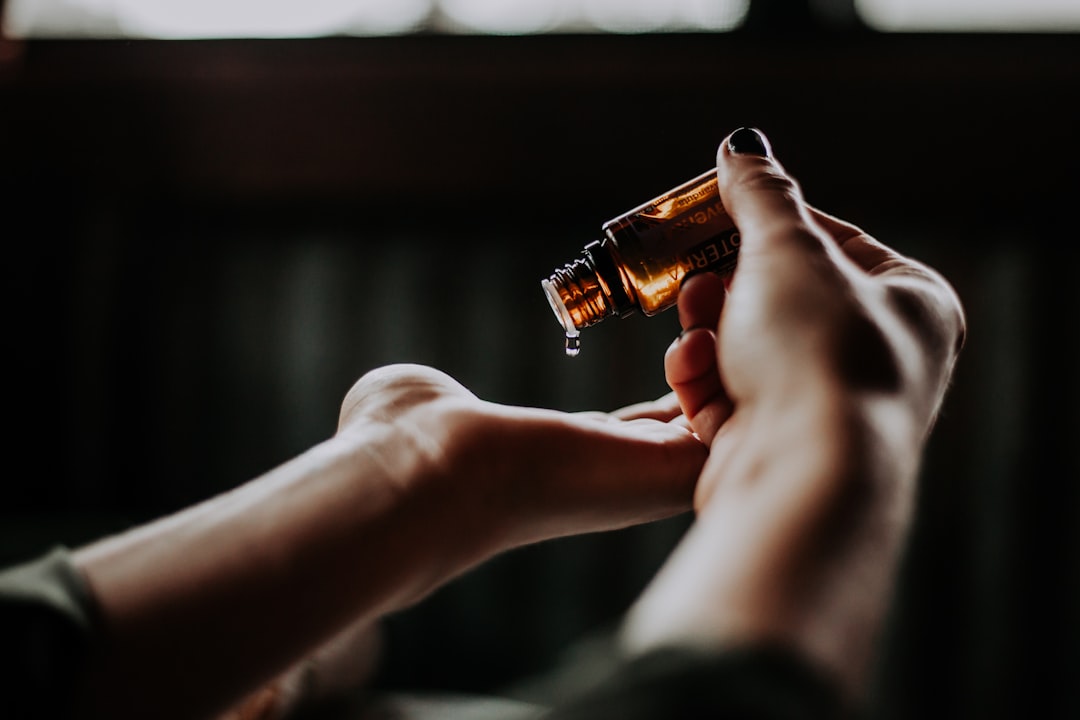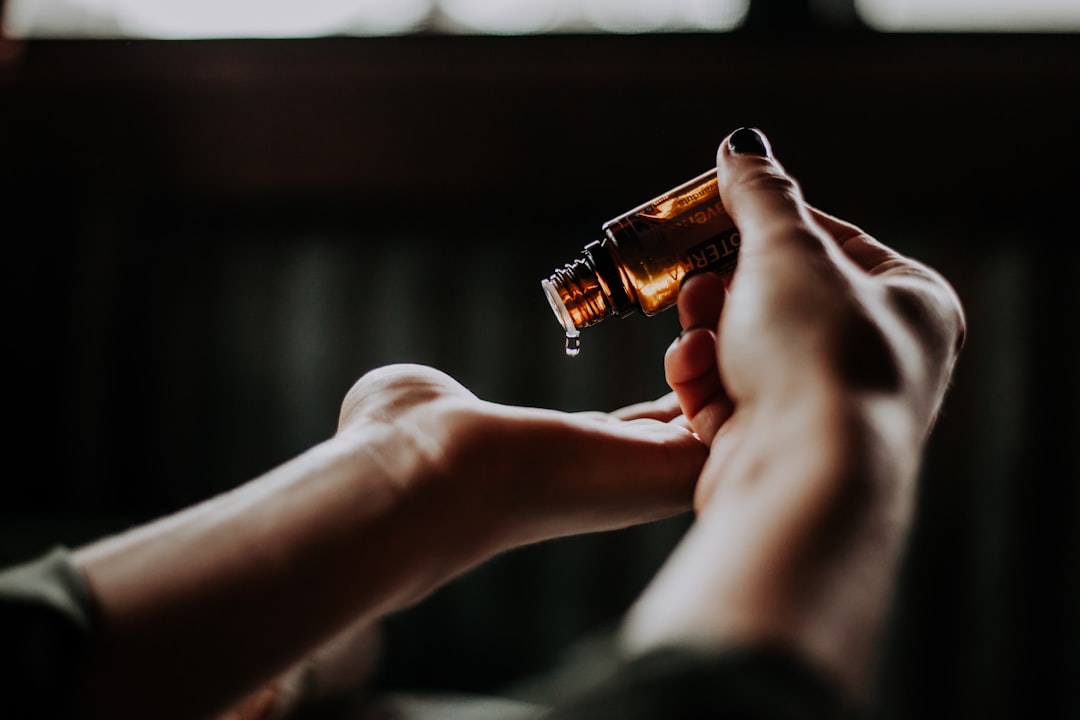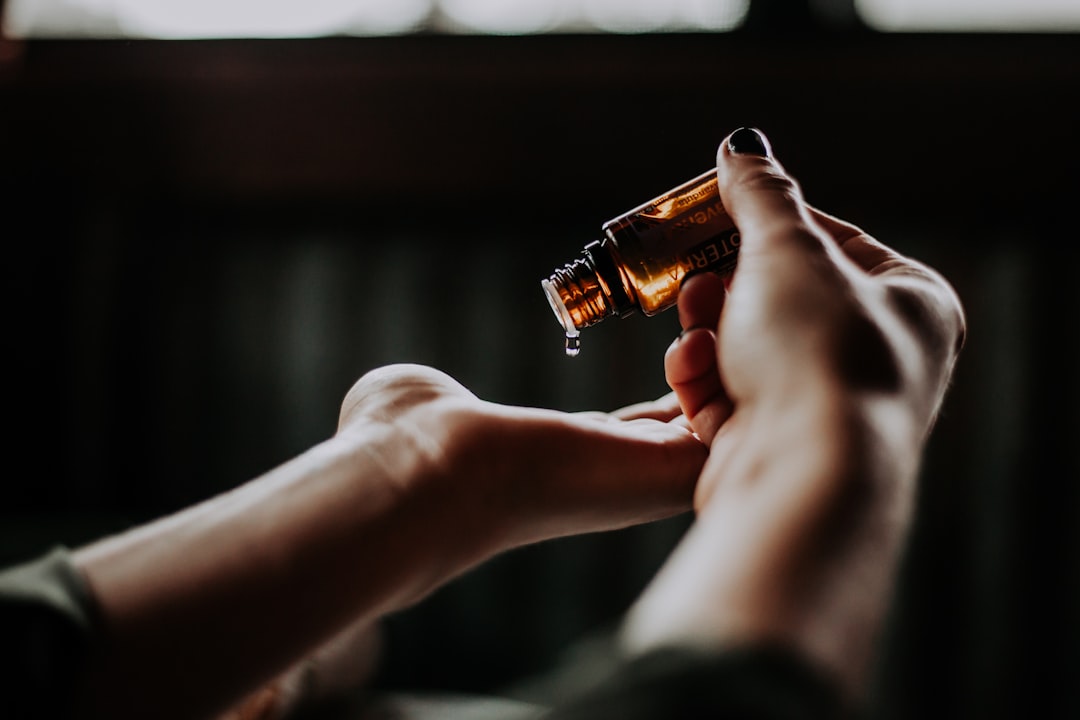Mobile massage services in New Jersey, while popular, necessitate robust legal guidelines to prevent and address massage abuse. The state has established a comprehensive framework with licensing requirements, consent procedures, and anti-harassment laws. Specialized massage abuse law firms play a crucial role in safeguarding clients' rights, ensuring therapists adhere to ethical standards, and providing support for victims. These measures aim to create a safe, reputable environment within New Jersey's growing mobile massage industry.
“The thriving wellness industry in New Jersey has witnessed a significant shift towards mobile massage services, offering convenience and accessibility. However, this growth brings legal considerations into focus. This article explores the rise of mobile massage services in the state, delving into the legal framework governing massage therapy practices. We discuss common concerns of massage abuse and highlight the crucial role of law firms in addressing these issues, emphasizing the importance of professional guidance to ensure ethical and safe practices within the industry.”
Understanding Mobile Massage Services in New Jersey

Mobile massage services have seen a significant surge in popularity across New Jersey, offering convenience and relaxation to clients in the comfort of their homes or offices. These services provide a unique alternative to traditional spa settings, bringing therapeutic massage directly to the customers’ doorsteps. However, with this rise in mobility comes an increased need for clear legal guidelines to protect both service providers and consumers from potential issues, especially concerning massage abuse.
In New Jersey, as in many states, the legal framework surrounding mobile massage services must address various considerations. This includes licensing requirements for therapists, insurance policies to cover any accidents or injuries during a session, and guidelines on consent and privacy. With the growing number of massage abuse cases reported nationwide, it’s crucial that New Jersey’s laws keep pace with this evolving industry. Massage abuse law firms in New Jersey play a vital role in ensuring that clients’ rights are protected and that therapists operate within ethical and legal boundaries.
Legal Framework Surrounding Massage Therapy Practices

In New Jersey, the legal framework governing massage therapy practices is designed to protect both clients and therapists from potential abuses and ensure ethical standards. The state’s regulations cover various aspects, including licensing, training requirements, and consent forms. Massage therapists must obtain a license from the New Jersey Board of Massage Therapy, which involves passing a comprehensive exam demonstrating proficiency in anatomy, physiology, and massage techniques. Additionally, therapists are mandated to follow strict consent procedures, ensuring clients understand the services and can make informed decisions.
The legal considerations extend to addressing potential massage abuse cases, with specific laws in place to combat sexual harassment and assault within the industry. New Jersey’s robust legal framework provides a safety net for clients, allowing them to report any misconduct through established channels. Furthermore, the presence of specialized massage abuse law firms in the state offers victims support and guidance, ensuring they receive justice and compensation if necessary.
Common Concerns and Issues of Massage Abuse

In the growing sector of mobile massage services in New Jersey, several common concerns and issues revolve around potential massage abuse cases. As the industry expands, so does the risk of unprofessional conduct and unethical practices. One significant worry is the possibility of sexual misconduct or inappropriate behavior from massage therapists during private sessions, especially considering the intimate nature of these services.
New Jersey’s legal framework plays a crucial role in addressing massage abuse concerns. Local law enforcement agencies and specialized massage abuse law firms actively work to ensure the safety of clients. Strict regulations and codes of conduct are in place to maintain professional standards within the industry. These measures include mandatory licensing, insurance requirements, and ongoing training for therapists, helping to mitigate risks and provide a safer environment for customers seeking relaxation and therapeutic benefits.
Role of Law Firms in Addressing Massage Abuse Cases

In the burgeoning landscape of mobile massage services in New Jersey, the role of law firms becomes increasingly pivotal in addressing massage abuse cases. As the demand for on-demand wellness solutions surges, so does the need for legal expertise to safeguard clients’ rights and ensure ethical business practices. Law firms specializing in this area play a crucial part in navigating complex regulatory environments and protecting individuals from potential harm.
These legal professionals help establish guidelines and standards for mobile massage businesses, addressing issues such as licensing, insurance requirements, consent, privacy, and consumer protection. By proactively tackling these matters, law firms contribute to fostering a safe and reputable environment within the industry. In cases of abuse or misconduct, their expertise is indispensable, offering guidance on legal remedies, victim support, and strategic litigation to hold perpetrators accountable, thereby reinforcing public trust in New Jersey’s mobile massage sector.





